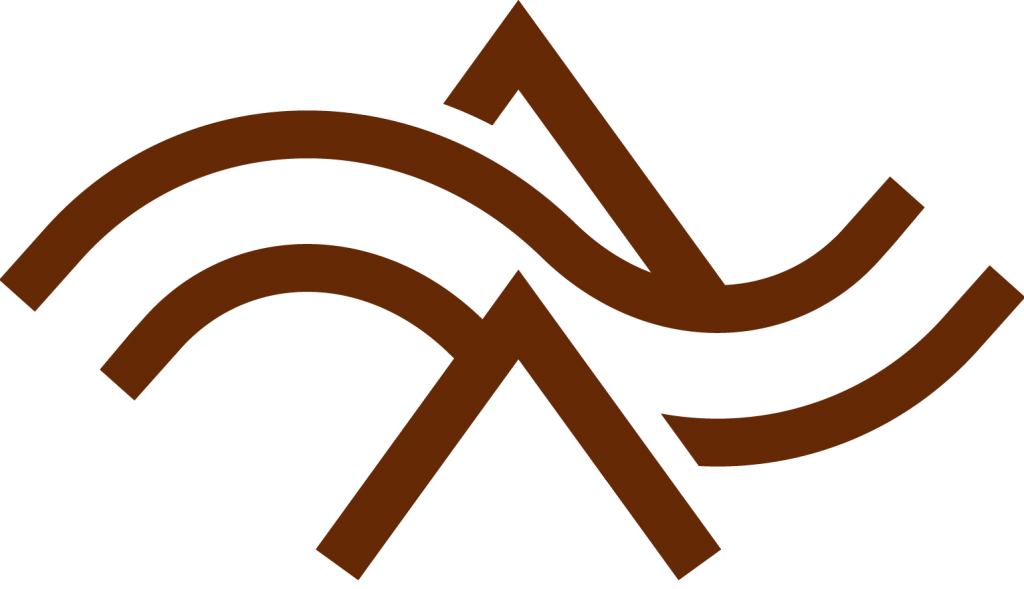As with its last expeditions, the AKOR team is determined to contribute to the advancement of knowledge about northern ecosystems and the human body. The team will take advantage of what makes it different from conventional research: its ability to cover long distances in an integral way, and at a pace that allows it to stop temporarily anywhere to take samples.
What trees tell us
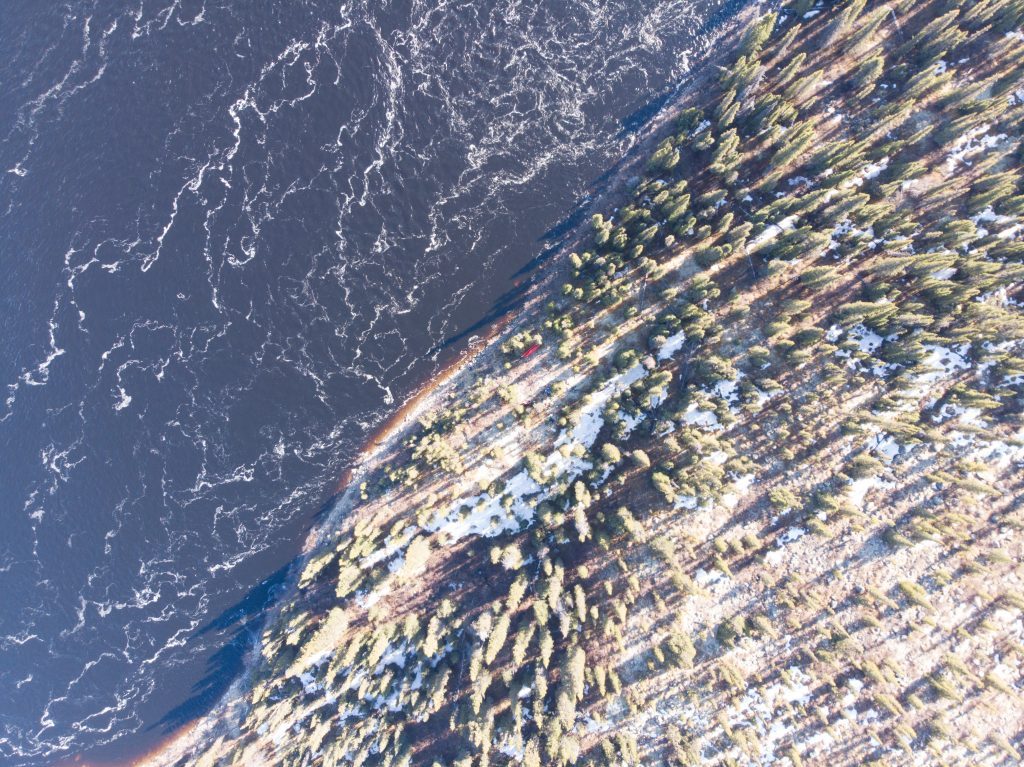
Boreal forests cover almost 30% of the Earth's forest surface and play an essential role in the global carbon cycle. Yet the northernmost boreal regions are particularly hard hit by climate change, warming up to twice as fast as the rest of the planet. At such latitudes, the boreal forest transitions to taiga: a mosaic of tundra and open forest dominated by spruce, with lichen-covered ground. In North America alone, these northern forests cover some 2 million km2. Despite the great importance of these northern forests, the vastness and inaccessibility of the territory make data collection difficult and very costly, thus drastically limiting the number of studies in these regions.
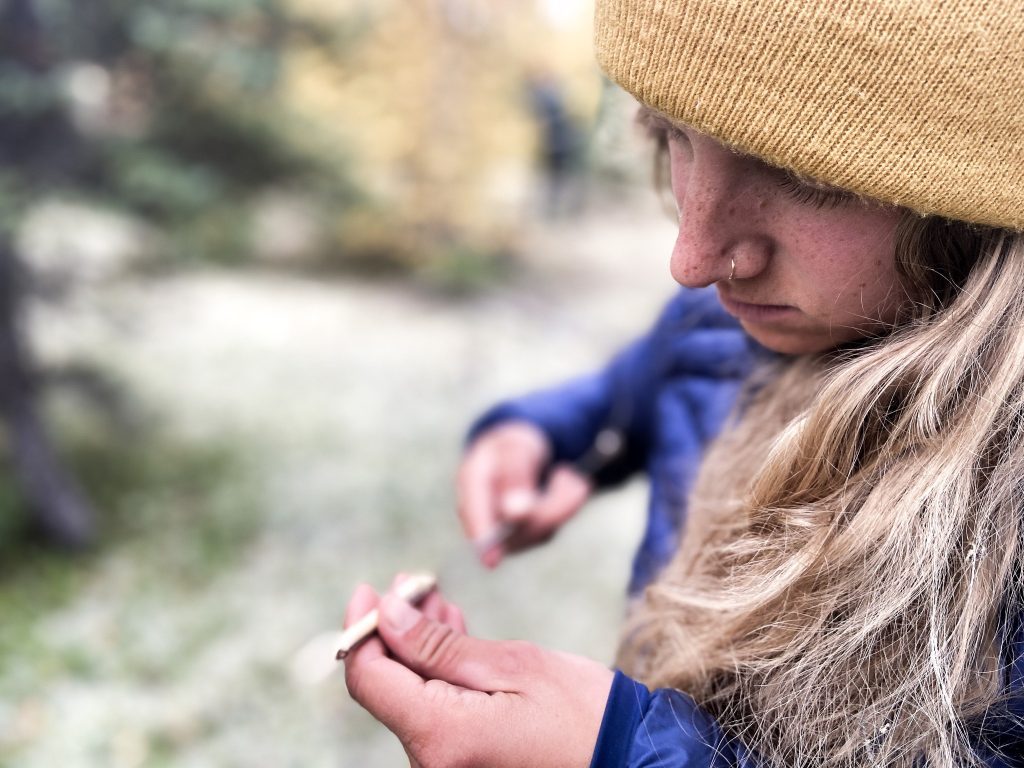
Since the very first AKOR expedition in 2018, the team has been determined to contribute to the advancement of knowledge about these exceptional northern forests by sampling in the most remote regions of the world. By collecting data from black spruce near the northern tree line, it is possible to study how subarctic forests are adapting to recent climate warming. As well as improving our understanding of northern forest ecosystems, these research efforts can provide essential information for anticipating how future climate change will alter the productivity of all boreal forests. The samples collected during AKOR 2024 will be the subject of a doctoral thesis directed by Guillaume.
Crew member Guillaume Moreau (PhD) is a professor in the Department of Wood and Forest Sciences at Université Laval. He was the instigator of this forest ecology research project. His lover Catherine, also a member of the expedition, is a research professional in the same department. On several occasions, they have published their research findings together, notably in the journal Frontiers in Forests and Global Change. In this journal, one article was published in 2020 and the other in 2023.
Managing chronic pain
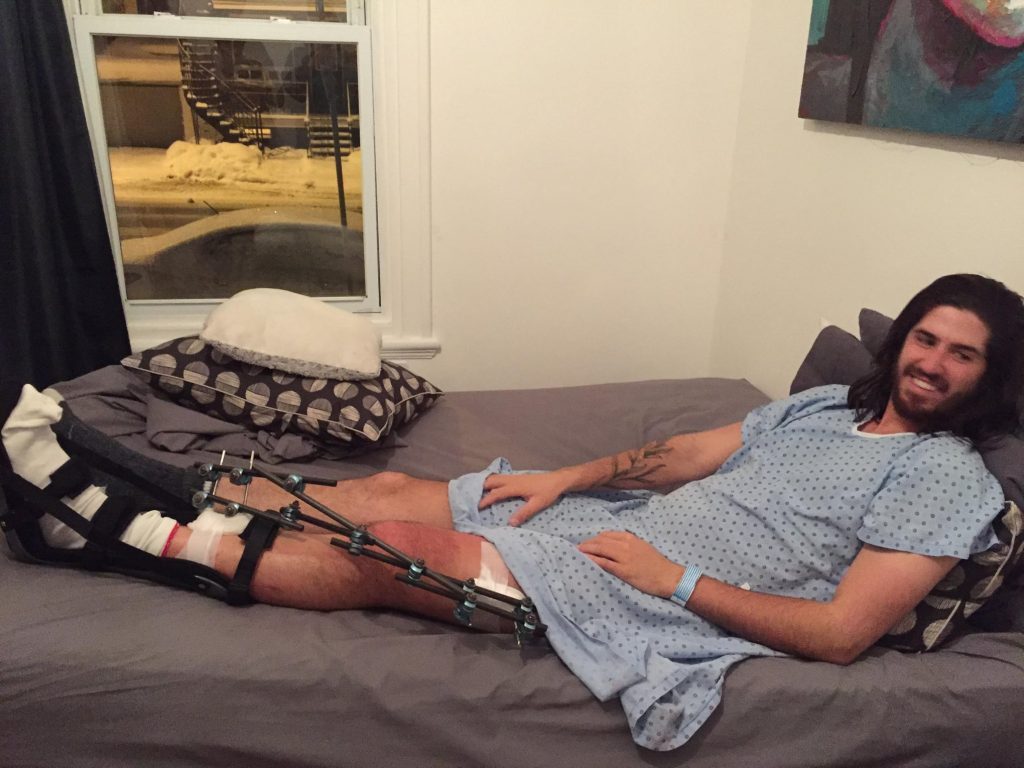
Many AKOR members are young, motivated athletes who have to cope with chronic pain resulting from multiple accidents. This is not an uncommon phenomenon, as 20% of Canadians live with chronic pain on a daily basis. This condition prevents a huge proportion of the population from enjoying an active lifestyle, sometimes locking people into a negative relationship with sport and movement. Nicolas and Laurence (crew members) are well aware of this: they broke their leg 2 years ago, just after returning from the 2021 expedition.
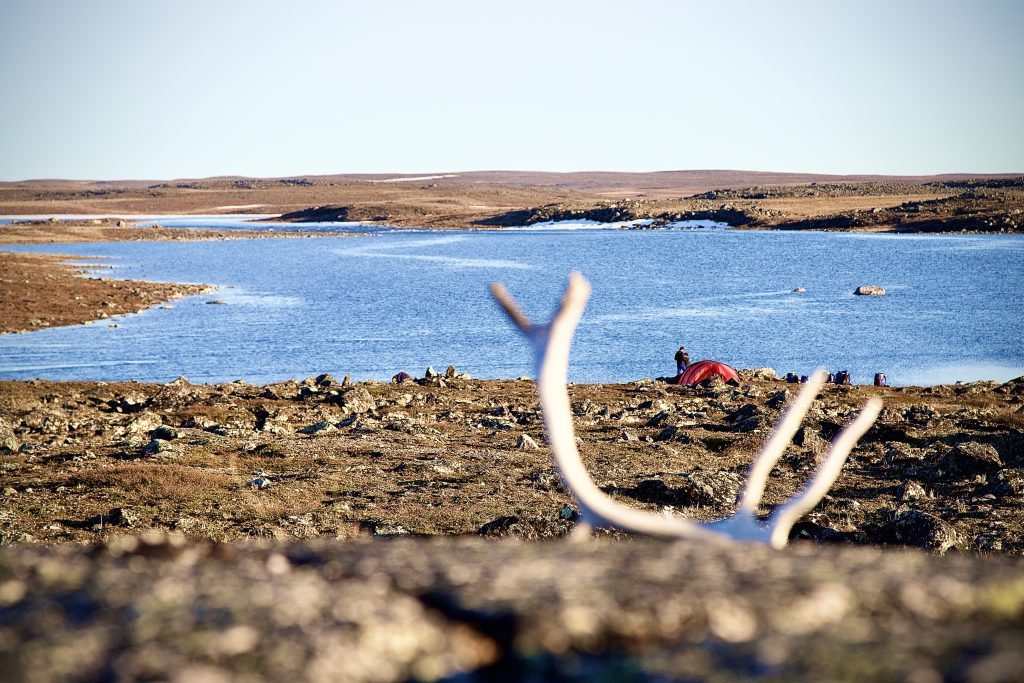
For its previous expedition, the AKOR team teamed up with a health research laboratory at the University of Sherbrooke to develop an exploratory clinical project. The aim was to find out whether involvement in a major project such as an expedition could motivate people with chronic pain to engage in physical activity. During the 234-day expedition, the group of patients had to symbolically follow the adventurers by completing the same distance each day, as a team. In its 2021 edition, this project named "Versant AKOR: un partenariat vers la santé" proved a resounding success: the dozen or so participants claimed to have regained control over their life narrative, dramatically changing their relationship with their bodies and movement. Patients reported that they had developed a more positive perception of themselves, and found it easier to persevere in a lifestyle where pain is a daily occurrence.
In 2024, this unique and innovative clinical research partnership will be renewed in an expanded formula. The number of participants will be considerably increased, ideally to involve people from all over Quebec in order to maximize the positive impact.

In the world of adventure, we often talk about the inspiring power of expeditions. For a rare occasion and in an innovative formula, we are going to measure and quantify the power of expeditions to act as a motivational lever for people who need it most: those who are vulnerable due to an unfair physical condition. The AKOR expedition will enable us to develop a new clinical tool for those working with this population. This initiative is the subject of a master's research project by a student at the Université de Sherbrooke. The new knowledge that will emerge from this project is just the beginning of a new era of research in the context of chronic pain. To find out more about this innovative initiative, read this article published in La Tribune during the expedition: "Being Part of an Expedition Despite Chronic Pain".
